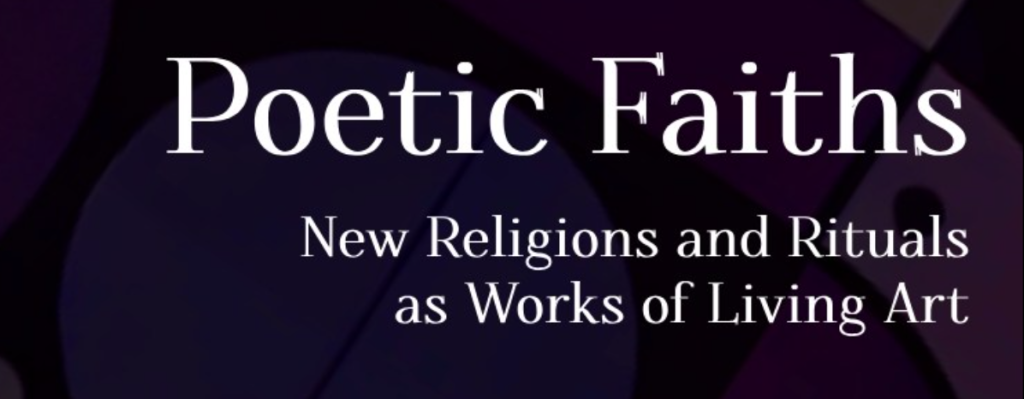
Click here to read the full review by Finnish scholar Essi Mäkelä:
Since their basis of practice is not a historical writing or tradition/ritual that has been followed for hundreds of years, for many new religious movements it might be hard to see themselves as belonging to the category, while at the same time they fulfil similar needs to “a religion”. The basis for many movements is indeed the values and the shared ideas behind the philosophy around which these tradition-bending practices have been built.
Part of the difficulty in defining and describing these practices in “general terms” is the fact that the research on new religious movements and Paganism, for now, easily veers towards chronicling and apologetics. Chronicling, however, is material needed for future research, and this is what Tony Wolf has done in his anthology, offering the reader quite a plateful of characters, ideas and practices.
Instead of using “religion” as the base category, Wolf has collected interviews from inventors of their own traditions in the category of “art” and leaves most of the space for the interviewees to describe their own worldviews and practices. While borrowing the term from Oscar Wilde, it is made clear that “poetic faiths” is a term that comes from Wolf, not the practitioners themselves, even though some of them find it appealing to their vision. He has created a half-structured interview base for all the representatives but follows their thought processes if the questions do not seem to resonate. This leads to the first volume of traditions invented by contemporary artists and philosophers, and includes five interviews on Areteanism, CREATION, the First Church of David Bowie Phonomancer, the Orphan Wisdom School, and The Mysterium.
The book does not so much seek to analyse the interviews as to present these movements as material for thought: for future inventors, or future researchers, be it scientific, artistic, or personal journeys. These movements range from very small and personal to groups seeking to organize practice together, to loose artistic collectives who work on exhibitions and then disperse into the world afterwards. There are similarities, but the movements studied have very distinct profiles and are examples from around the English-speaking world.
